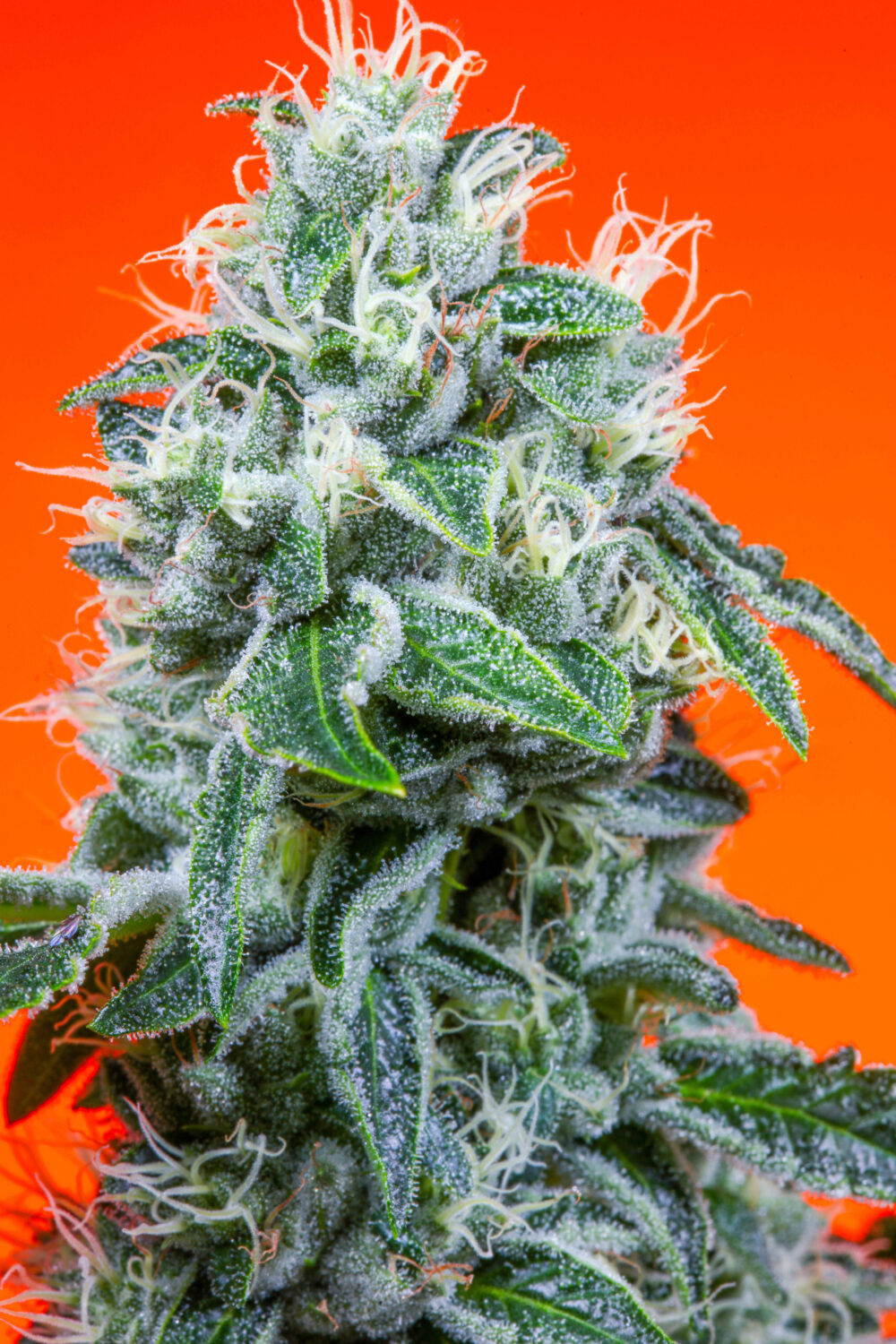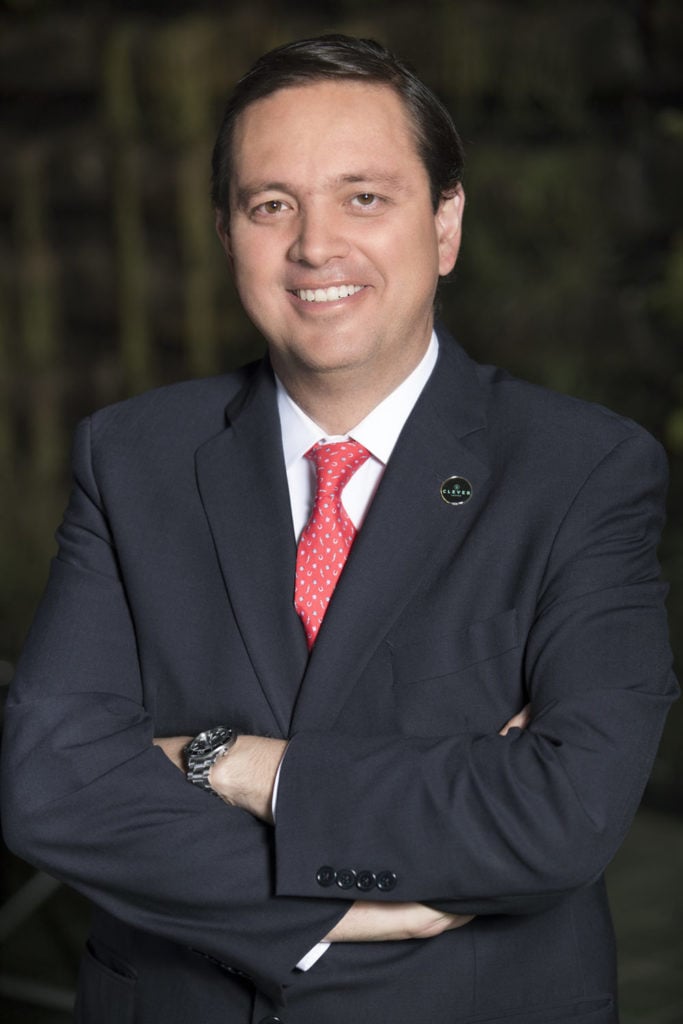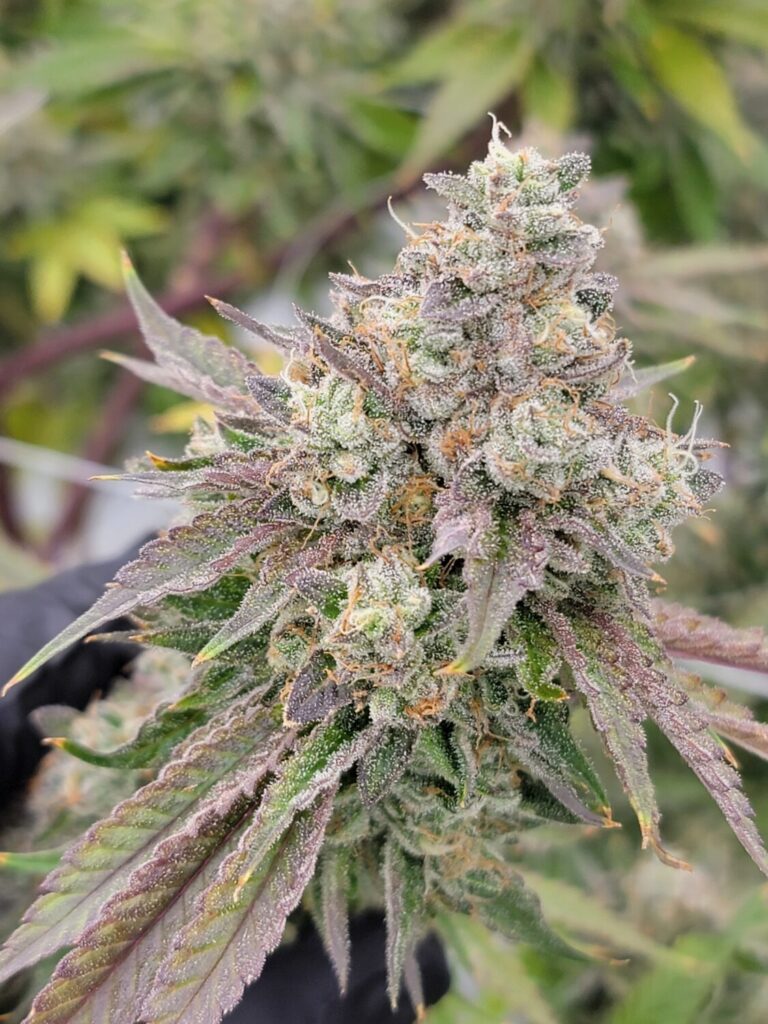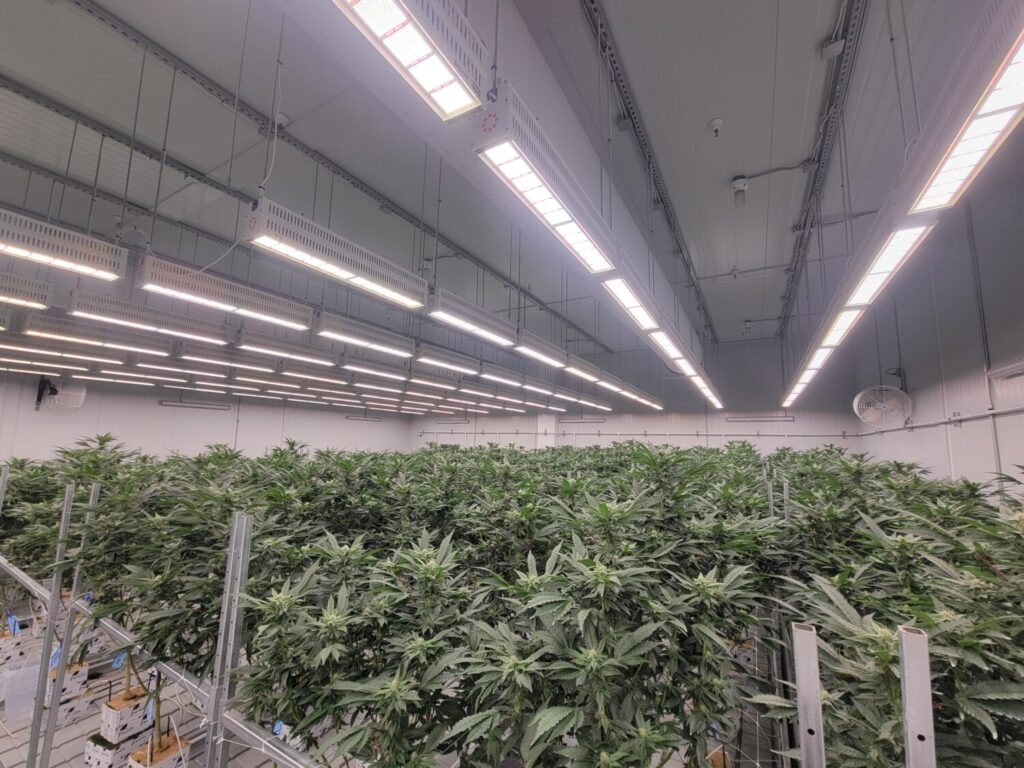CONGRESS PUSHES BACK AGAINST VA ON POT AND PTSD
CONGRESS PUSHES BACK AGAINST VA ON POT AND PTSD The nearly decade-long battle to get American veterans access to medical cannabis continued on Capitol Hill this week. With the exception of seeing little kids with extreme forms of epilepsy like Dravet’s Syndrome, nothing went further in changing the national conversation around medical cannabis than supporting…
CONGRESS PUSHES BACK AGAINST VA ON POT AND PTSD
The nearly decade-long battle to get American veterans access to medical cannabis continued on Capitol Hill this week.
With the exception of seeing little kids with extreme forms of epilepsy like Dravet’s Syndrome, nothing went further in changing the national conversation around medical cannabis than supporting vets with Post Traumatic Stress Disorder. This movement was a direct result of first-hand experiences with medical cannabis safety and efficacy when it came to PTSD, as more veterans continue to take their own lives. In its own 2017 study on cannabis and PTSD, the Department of Veterans Affairs (VA) noted over one-third of patients seeking cannabis for medical purposes list PTSD as the primary reason for the request, and 15% of VA patients at outpatient clinics are using medical cannabis in the last six months.
Cannabis Caucus founder Rep. Earl Blumenauer picked the fight up this week, to get vets access to cannabis. He originally started pushing the effort in 2014. In 2016, things looked great, but the language ended up getting stripped in final negotiations by then-Illinois Senator Mark Kirk.
At the time, Blumenauer noted, “It’s incredibly frustrating and disappointing that despite broad bipartisan, bicameral support, a handful of out-of-touch lawmakers put politics over the well-being of America’s wounded warriors. Our veterans deserve better. We will continue to seek every opportunity to make sure they have fair and equal treatment and the ability to consult with, and seek a recommendation from, their personal VA physician about medical marijuana.”
But things are looking up. On Wednesday, Blumenauer passed an amendment to end the VA’s prohibition on providers assisting veterans in accessing state-legal medical cannabis. Not only did it pass, it passed unanimously in a voice vote. In this heavily divided Congress, surely that is a reasonable sign of how bipartisan supporting veterans is.
After the amendment passed on Wednesday, Blumenauer told L.A. Weekly,
“Veterans in Oregon and across the country have shared with me how medical cannabis has literally saved their lives. It is a gross injustice that the VA continues to prohibit its providers from helping veterans access medical cannabis. My amendment with Brian Mast would finally allow the VA to help veterans complete forms in compliance with state-legal cannabis programs, allowing them to access a far less addictive alternative to opioids in managing PTSD, anxiety, depression, and other chronic conditions.”
Blumenauer also came out against the VA’s move to strongly advocate against medical cannabis as a treatment for PTSD this week. This recommendation came despite the VA noting some participants from its own focus groups, “spoke about the benefits of newer pharmacologic treatments (e.g., ketamine) and were interested in exploring other newer treatments such as psilocybin, cannabis, LSD, and other psychedelics.”
The VA cited that same 2017 study we mentioned before when it came out strongly against using cannabis for PTSD. But that study’s own authors noted there are very few methodologically rigorous studies examining the effects of cannabis in patients with PTSD.
“We found only two observational studies, which suggest that cannabis is potentially associated with neutral effects on PTSD or depression symptom severity, and employment status, and negative effects in terms of violent behavior, drug and alcohol abuse, and suicidal ideation,” the authors noted in their findings. “However, the strength of evidence is rated as insufficient due to the potential for bias in the two included studies in this review and the small number of controlled studies reporting data on benefits and harms of cannabis for treating PTSD symptoms.”
So how can something that notes how limited the information being used is be the ethos for the VA’s prohibition on medical cannabis for PTSD? And with all the discussion around vets and cannabis, how is this still what they are citing in the debate all these years later? How has the VA not pushed this research further in that time period?
In a letter to the VA’s leadership, Blunenauer said, “The Departments of Veterans Affairs and Defense have a long history of claiming the best interest of our veterans and servicemembers only to deny the reality of medical marijuana as a key treatment option for those impacted by post-traumatic stress disorder.”
Blumenauer went on to note the updated June 2023 VA/DoD Clinical Practice Guideline for Management of PTSD perpetuates this misguided denial of services to our nation’s veterans.
“For decades, I have heard from veterans across the country that medical cannabis has been a life-saving treatment for PTSD,” Blumensauer told the VA and DOD leadership. “I urge you to reconsider the antiquated and insufficient recommendation against the use of cannabis or cannabis derivatives in treating patients with PTSD.”
Etienne Fontan of Berkeley Patients Group and Veterans Action Council was pleased with Blumenauer’s success.
“We want to thank Blumeneur and the Cannabis Caucus for keeping true to their words to help veterans gain cannabis access via the VA. Many politicians talk a lot of talk, but very few walk the line like they have for us. We are grateful for their continued support on this issue,” Fontan told L.A. Weekly, “This has been the work of many hands and organizations to get us to this point, and we are not across the line yet. This is a significant first step in the direction that many veterans want to see nationwide. It must still get through the House, and the President must sign it, and we will remain skeptical until the process plays out fully.”
Fontan closed by noting activists have been disappointed too many times in the past with promises that never see fruition.

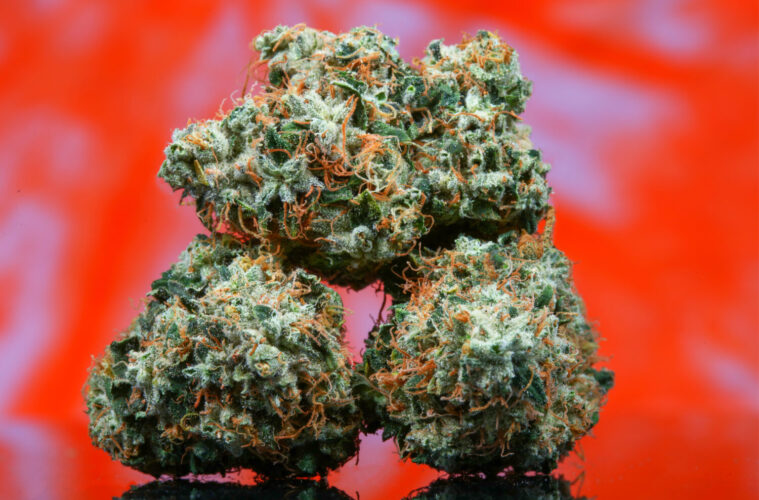 Photos courtesy of IC Collective
Photos courtesy of IC Collective